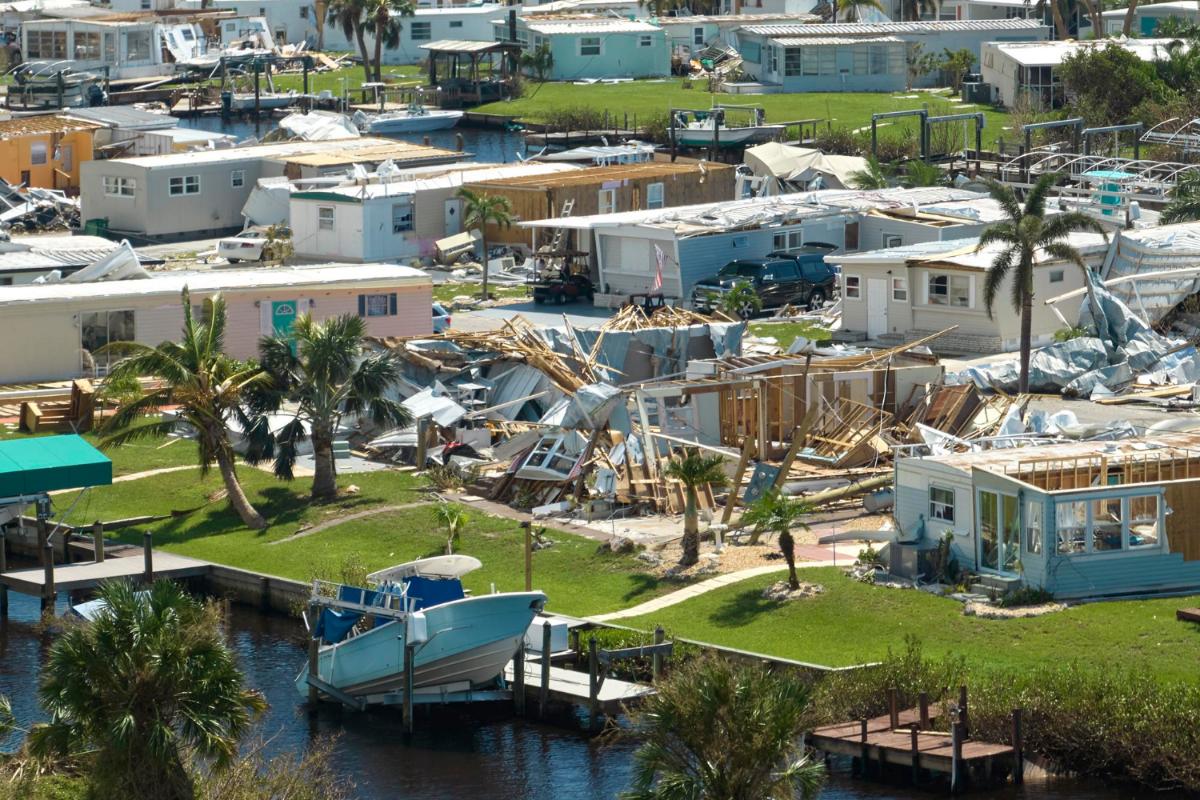 (888) 979-7969
(888) 979-7969
 (888) 979-7969
(888) 979-7969

Catastrophes happen even though no one wants to deal with them. However, knowing the proper steps to take in case of an emergency or accident can make the issue considerably less stressful to manage and help reduce the time it takes to assess any damages and get repairs underway. Our public claims adjuster in Central Florida is here to help you know what to do in the aftermath of a natural disaster.
It is essential to be aware of what you have to work with. Know your insurance policy well and clearly understand it. Be aware that coverage for some natural disasters may need to be bought separately from your standard homeowner's policy. Make sure you are covered if you live in a high-risk area. In addition, document all of your personal effects before a disaster occurs. Making a list is essential, and it is helpful to have videos or pictures of your possessions and home. Keep a copy of the list and any other critical documents in a safe location outside of your property, like a bank safety deposit box. You and your family need to be on the same page about emergency procedures you may need to practice, like the best way to get out of the house during a fire or the safest place to shelter in a tornado. If you live in an area where evacuation is possible, know safe routes from your home in case one is blocked or closed.
The first step to take after a disaster is to ensure that everyone is safe. If someone has been injured and requires medical care, call emergency services for assistance. Once you assure everyone's safety, contact your insurance company. Be sure to answer their questions thoroughly to avoid any future problems. After you file the claim with your insurer, document as much of the damage as possible with videos or photos. It is also your responsibility to take steps to protect your property from further damages, like performing temporary repairs or turning off utilities. Always document the damage before and after temporary repairs, and keep any receipts for materials or services so you can be reimbursed later.
Most insurers offer coverage for being displaced from your home due to unlivable conditions. If you cannot stay in your home, talk to your insurer to see what type of accommodations are included in your policy. Your carrier will probably send a claims adjuster to your property to assess the damages. It is always best to be there when they come because you know your home better than others and can help point out any unnoticed damage. In addition, it is essential to get contact details for the adjuster in case you need to speak with them again.
Dealing with a disaster's aftermath can be confusing and distressing. If you are overwhelmed or unsure about what to do, it is helpful to bring in additional professional assistance. A public claims adjuster in Central Florida can help you understand your policy, assess your damages, and negotiate with your insurance on your behalf for the best possible settlement. Many public adjusters have specific areas of expertise, so make sure the one you choose to work with has experience with the type of claim you filed. Verify whether they are appropriately licensed and insured, and ask them for references from previous clients. Not all public adjusters have the same level o experience, but it does not have to be challenging to find a good one.